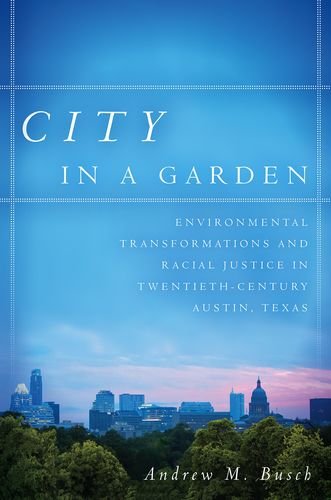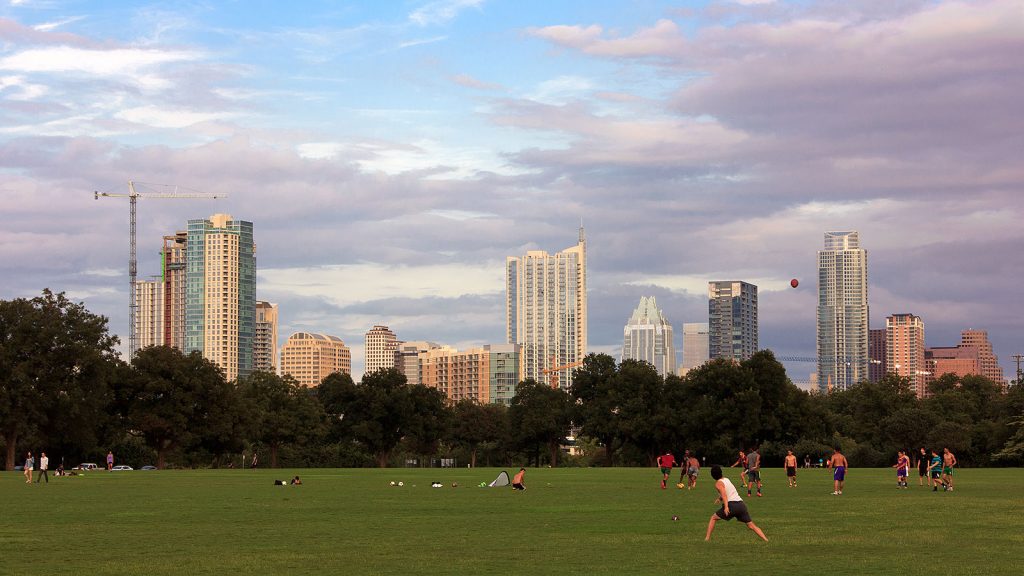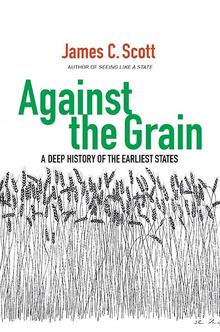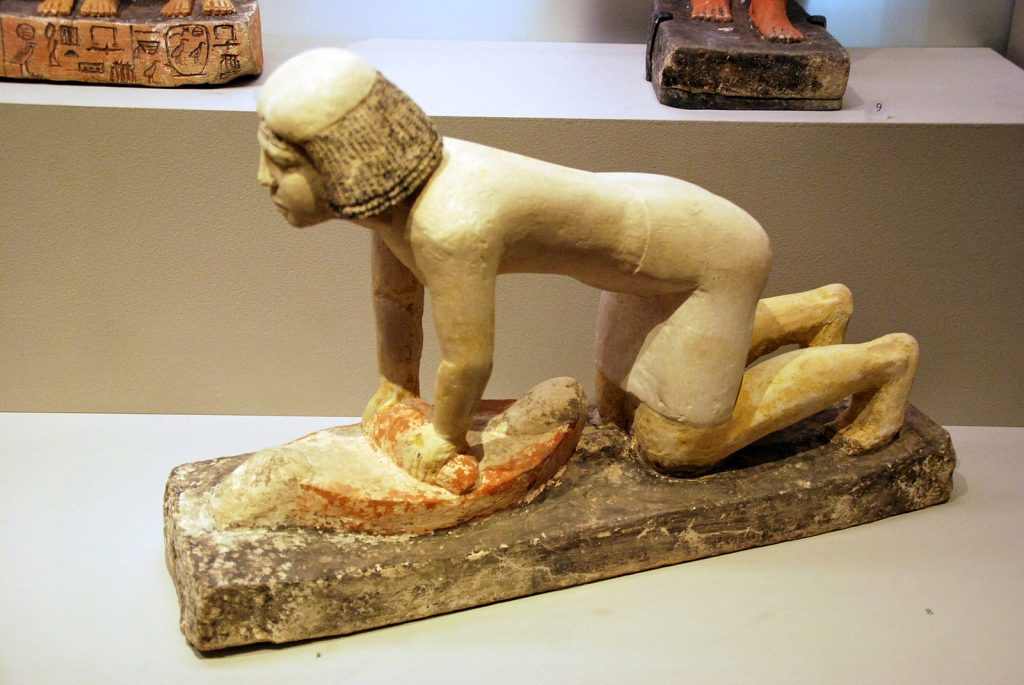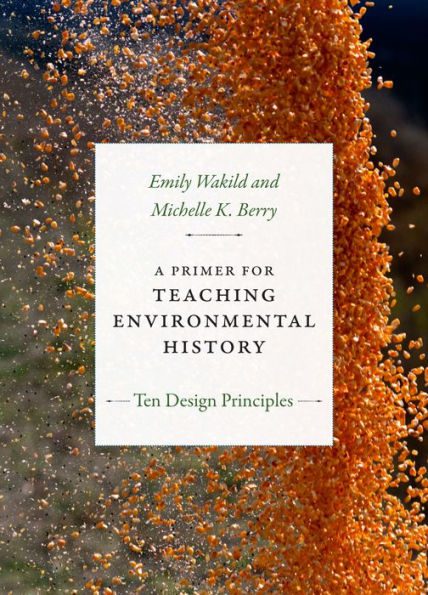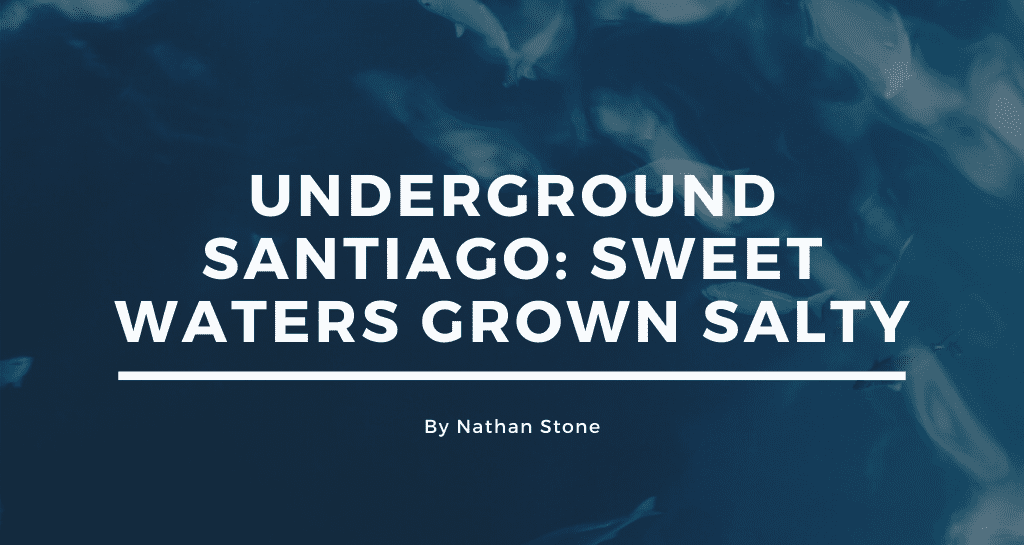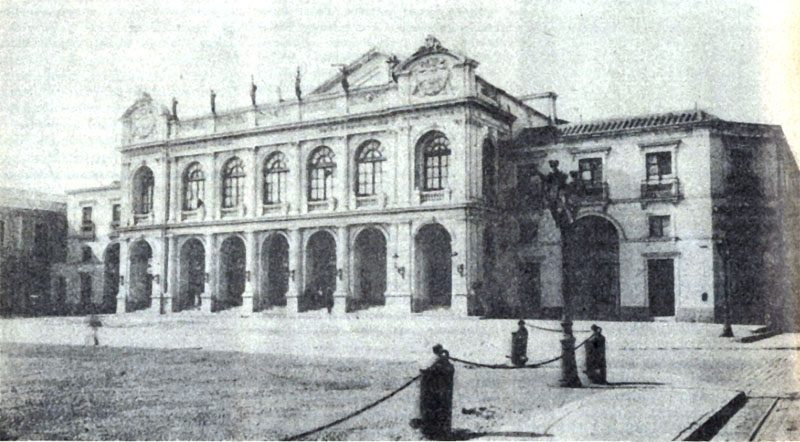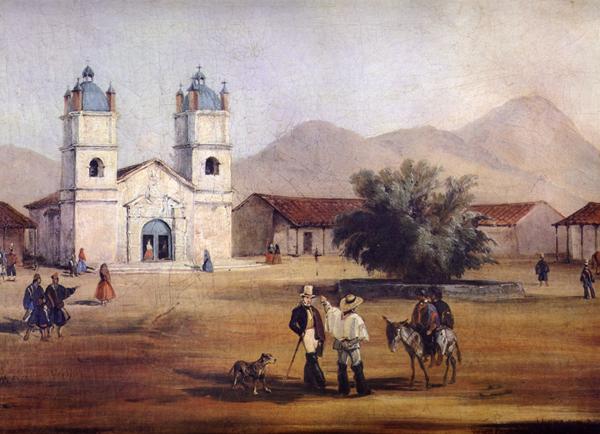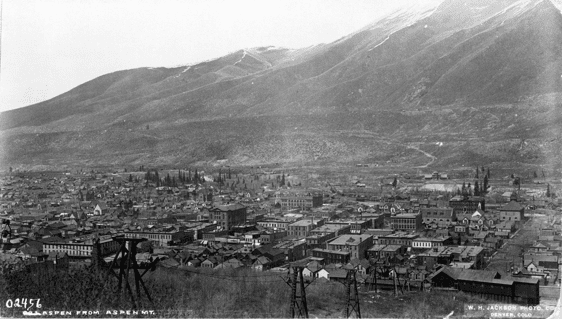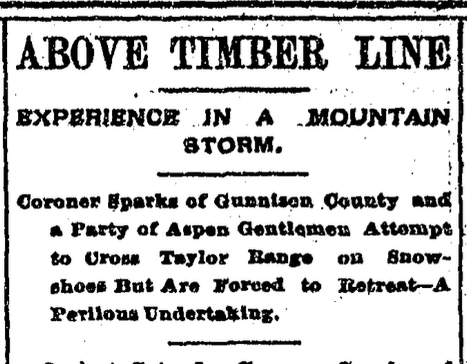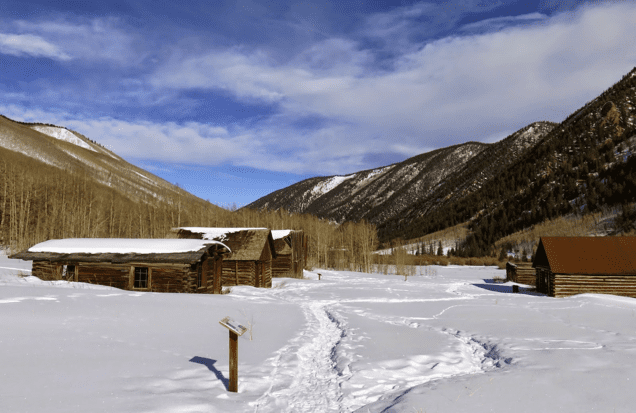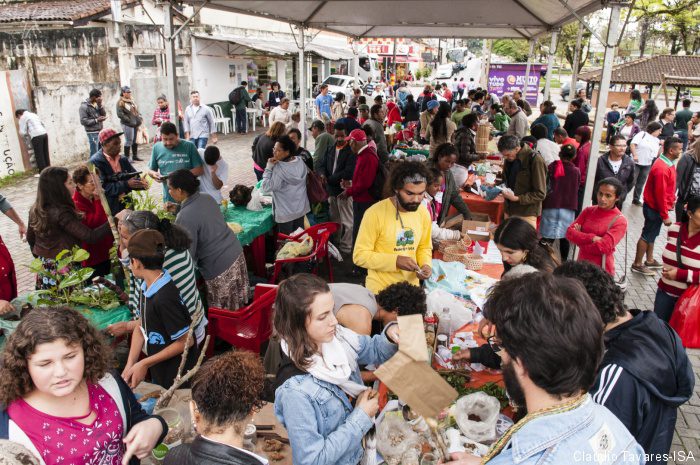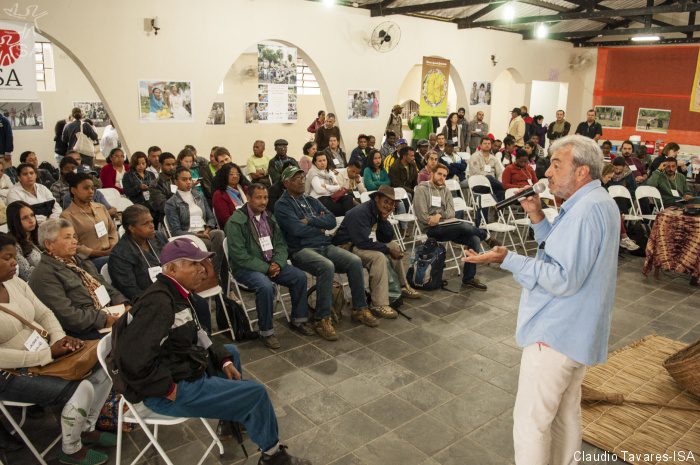
Guests: Megan Raby, Associate Professor of History at the University of Texas at Austin & Erika Bsumek, Associate Professor of History at the University of Texas at Austin
Host: Alina Scott, PhD Student in the Department of History at the University of Texas at Austin
How do historians teach Environmental History in an age where stories of climate change and catastrophe fill the headlines? Megan Raby and Erika Bsumek, both History Professors and Environmental Historians discuss what drew them to the field, how they talk about environmental history with their students, and the 2021 Institute for Historical Studies Conference, “Climate in Context: Historical Precedents and the Unprecedented” (April 22-23). “Among many other questions, the conference will ask: Can history offer an alternative to visions of the future that appear to be determined by prevailing climate models, and help provide us with new ways of understanding human agency?”
Mentioned in today’s episode:
- Institute for Historical Studies (https://liberalarts.utexas.edu/historicalstudies/)
- “Annual Conference examines climate crisis through lens of historical scholarship, culminates year-long discussion on “Climate in Context” theme” (https://liberalarts.utexas.edu/historicalstudies/news/annual-conference-examines-climate-crisis-through-lens-of-historical-scholarship-culminates-year-long-discussion-on-climate-in-context-theme)
- Radical Hope Syllabus (http://radicalhopesyllabus.com/)

